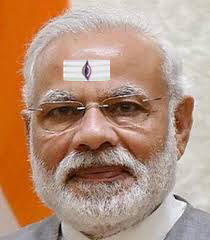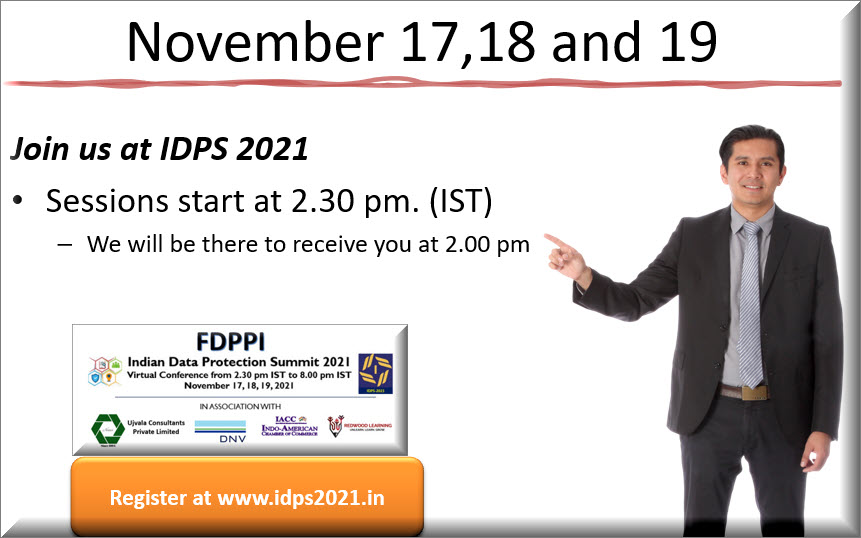-
Ask Vishy, the personal AI-assistant of Naavi for all your information on Naavi.org
Naavi

IICA Qualified Independent Director

-

-
DGPIN: 4PJ-7T8-FK8P: 12.94018310,77.55421020
-
Plus Code : WHR3+3P
Bing_site_search
Google_site_search
-
Recent Posts
Archives
Archives by Date
-
-
What is Progressive regulation of Bitcoin?… It is time to kill Bitcoin
The Karnataka Bitcoin scam has done a great service to highlight to the Government of India the dangers of procrastination on an issue like “Crypto Currencies”.
It has taught a lesson to the Government which was procrastinating on the decision on regulation or banning of Bitcoin and emboldened the Bitcoin community to grow.
There is no doubt that the lobby that supports corruption in India is behind the enormous support that Bitcoin gets for its continuation under some excuse or other.
Corruption in India and Black money associated with it is so strong that even the most popular and powerful leader like Mr Modi stands defeated in front of Bitcoin.
It was not necessary for waiting for Mr Sachin Maamani to alert Mr Modi about Bitcoin. Naavi has repeatedly alerted and chided the Government and all the key decision makers including Mr Modi, Mr Shah, Mrs Nirmala Seetharaman, the late Arun Jaitely. But Bitcoin continued to grow from strength to strength and even companies who had migrated to Singapore during the brief period when RBI was firm in its decision to ban Bitcoin returned back with greater enthusiasm as they seemed to have the patronage of even the highest court of the land.
If now one Mr Sriki is teaching the Government a lesson that
“If you associate with the evil called Bitcoin, you will only reach hell”.
Naavi has already predicted that when Bitcoin scam gets busted, people will blame Mr Modi and this will have its adverse impact on his electoral chances.
However there is a small opportunity now before the Government in the form of the Crypto Currency Bill. It should be used to ban Crypto currencies in India once for all.
The bitcoin lobby wants the Government to recognize Bitcoin as a legit “Crypto Asset” which can be bought or sold at market prices like a commodity. It holds out the carrot of tax income on trade transactions.
The Government should not fall prey to the traps that the Bitcoin lobby will lay before them and in the name of “Progressive” legislation and supporting “Block chain” as an innovative technology, give any room for legitimizing Bitcoin transactions. By holding the carrot of tax on transactions, Bitcoin lobby wants us to forget that it wants the captital to be out of tax net.
The claim that there is KYC etc is a bogey. People can easily open anonymous wallet accounts and use foreign exchanges for buying and selling crypto currencies and the KYC promised by the Indian Bitcoin exchanges are not reliable.
The market capitalization of Bitcoin today is $1,240,001,020,865 ($ 124000 crores or Rs 84,00,000 crores) The total market capitalization of all crypto currencies is more than 2 trillion dollars (200,000 crore dollars or Rs 140,00,000 crores). On the other hand the total money supply in India is of the order of 19,00,000 crores.
If Bitcoin is legitimized, then theoretically the money supply in India can grow from 19 lakh crores INR to 160 crore INR because every crypto currency becomes fungible with INR supply. What this will do to the Inflationary situation is for the Government to consider.
If due to the recognition, all Bank depositors in India start converting their bank deposits and stocks to Bitcoins, then they will be able to conduct havala transactions and be proud members of the dark web economy. Drugs and illegal arms can be ordered through Amazon and criminals, terrorists and anti nationals will be all proud of the Government and perhaps even vote for BJP.
However the economy will wither, tax payers will look like fools and they will also blame Mr Modi for cheating them on the promise of eradicating black money and corruption.
This could be the beginning of the end of Mr Modi…unless, he musters courage to take the bold but most essential decision to “Completely Ban” Bitcoins and all private crypto currencies forthwith and criminalize its transactions.
While many will raise the bogey that many foreign Governments have recognized Bitcoins and it will be a regressive step to ban Bitcoins, it is an opportunity for Mr Modi to take the global leadership in eliminating Digital Black Money called Crypto currencies.
I am sure some of the foreign Governments as well as the Tech leaders from FaceBook, Twitter and even industrialists like the Tesla founder will try to persuade Mr Modi and celebrities from Bollywood would use their charm to ensure that Bitcoins are protected and even the Supreme Court will again be approached to defend the rights of Bitcoin industry,
If Mr Modi is independent and is a true leader, he should take the decision to Kill Bitcoin. The demonetization demon must be still haunting Mr Modi making him drag his feet before taking this digital demonetization decision… but I am waiting to hear the news of …the death of Crypto currencies in India.
(PS: This is my personal view and I am aware is not the popular view even amongst my friends. But despite the possibility of being ridiculed and disliked for this view, in the interest of the country I have to say what my heart and mind wants to say.)
Posted in Cyber Law
Leave a comment
Karnataka Bitcoin Scam should wake up the sleeping Central Government
Naavi has written scores of articles on why Bitcoin should be banned in India and there is no need to repeat the same here once again. Visitors may check the search result on this web page .
However it is necessary to express that all the good advises, pleadings and even abuses have not moved the Central Government into taking any action to ban Bitcoins and Crypto Currencies which is long overdue.
If this Karnataka Bitcoin scam can open the eyes of Mr Modi, it is a blessing in disguise that the scam has come to light.
(See this earlier article: Modi is yet to open his third eye on Bitcoin, the new alternative to Black Money.. Will he wake up in 2018?
Naavi
Karnataka Bitcoin scam is an interesting development. Naavi has been crying from rooftops for the last 8years that Bitcoin is a currency of criminals, Bitcoin is a threat to the economic system, Bitcoin is an environmental hazard, Bitcoin is used for havala, terror financing and Bitcoin along with all private crypto currencies need to be banned.
See some of these articles:
Bitcoin… Of the Criminals, By the Criminals, For the Criminals
Bitcoin Theft… A challenge to Law Enforcement…Case should be transferred to CBI
Bitcoin Ban-Unfinished Agenda of Modi 1.0
Layman’s understanding of Bitcoin
You are correct but the other side wins… says Supreme Court on Bitcoin
Mr Piyush Goyal and Mr R K Singh… Do you know how much energy goes into Bitcoins?
Is there a strategy behind the silence for Mr Modi and Shah not banning Bitcoins…yet?
Open Letter to Madam Nirmala Seetharaman… Say No to Experimentation.. It will be misused
Is the Supreme Court aware of the adverse impact of Bitcoins?
Unfortunately, all these and many more articles written here has fallen on deaf ears. All these articles have been forwarded directly to the concerned ministers and organizations and there is no reason to believe that Mr Modi, Amit Shah, Piyush Goyal, Nirmala Sitharaman and many others were not aware of what was being written. All of them were aware and yet did not think of banning Crypto currencies.
The reasons behind the hesitancy of the Central Government as well as the reluctance of the Supreme Court to get the Crypto currencies banned is beyond our comprehension.
The real scam is therefore not in Karnataka but elsewhere on why Bitcoin is still alive in India.
The Karnataka Scam is based on the claims made by one accused person. The claims are unsubstantiated and impossible to prove. There is no complaint from victims and it could only be an attempt by the accused to gain notoriety in the dark web. The Police are made to run after an investigation which is based only on such wild claims and has no possibility of ending up with any conviction.
The result of inaction by the Central Government is now the embarrassment that the Karnataka Government is facing.
The accused will reel out names of influential persons because that is his best way of defending himself and converting the controversy into a political battle. Nothing can be proved or disproved and it will be the word of the accused vs any body else. It is an absolute waste of time to discuss the scam
However the solution for BJP to preserve it’s reputation to some extent is to immediately ban Crypto Currency even before the Parliamentary session and salvage a little respect in the eyes of honest citizens to believe that the Government is still interested in fighting corruption. It will be a master stroke that can defuse the controversy and make it vanish.
If the Government continues to hesitate, the opposition will definitely use the opportunity to block the Parliamentary session on this pretext.
Will the Central Government wake up at least now?
Naavi
Posted in Cyber Law
Leave a comment

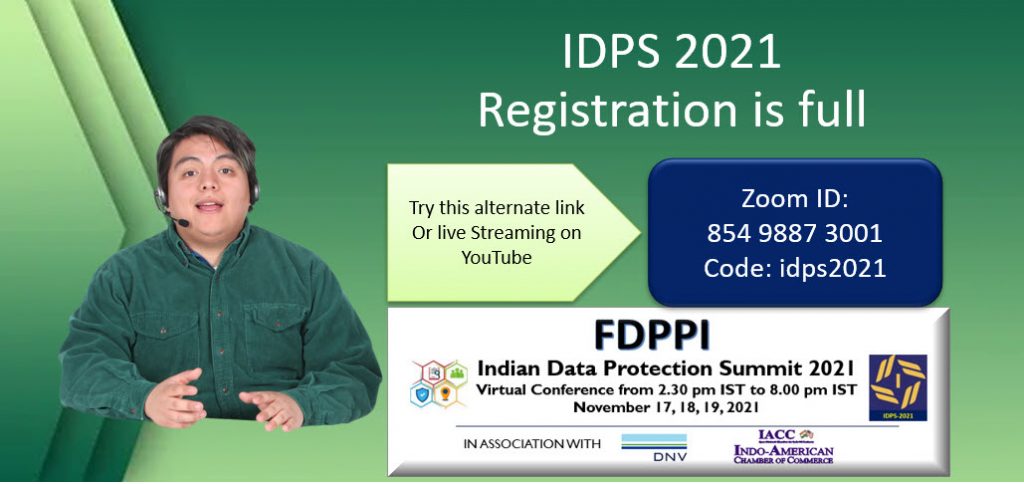
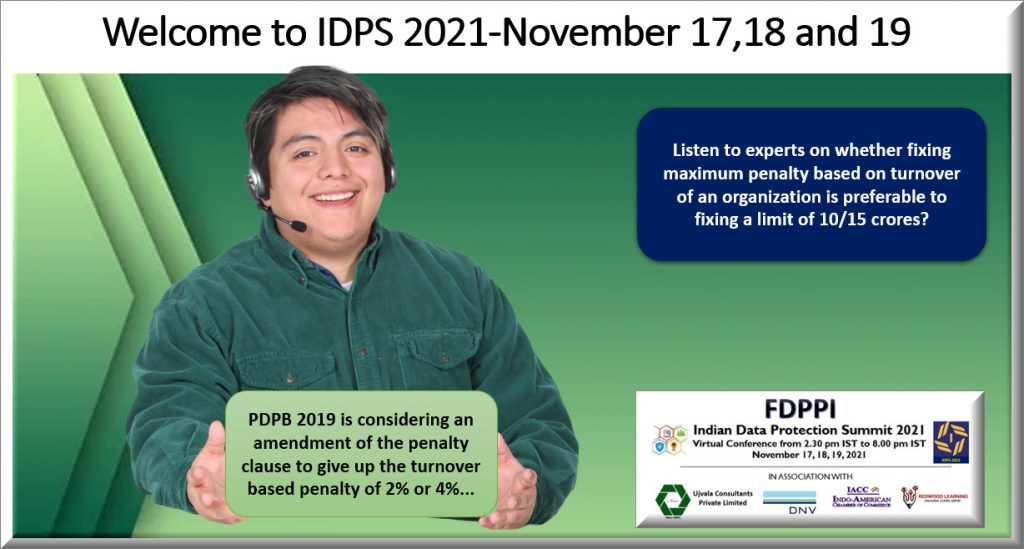
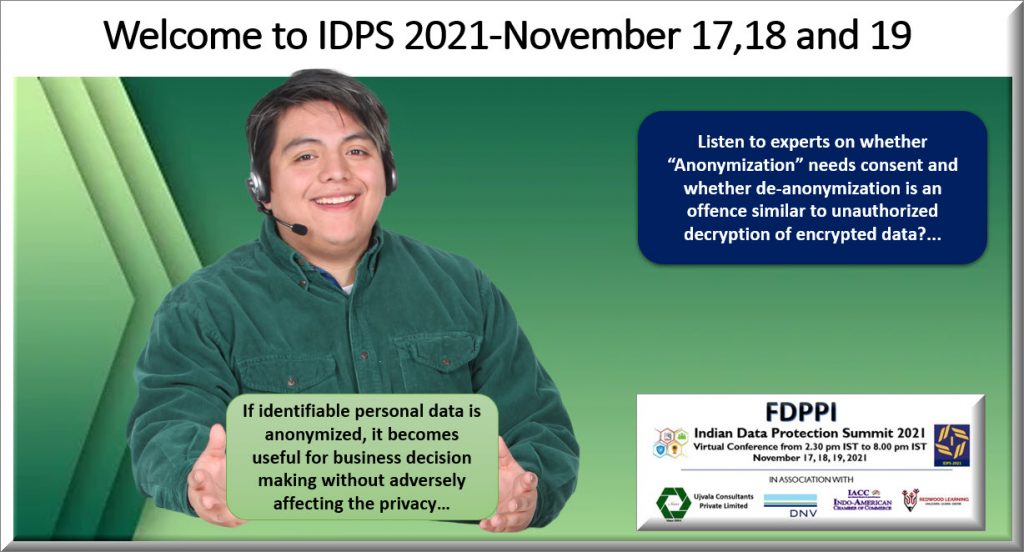
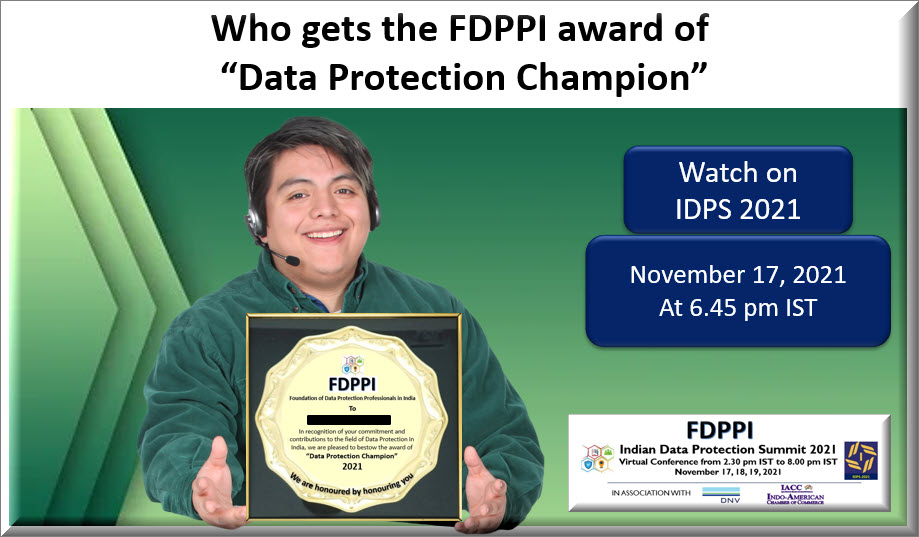 d to
d to